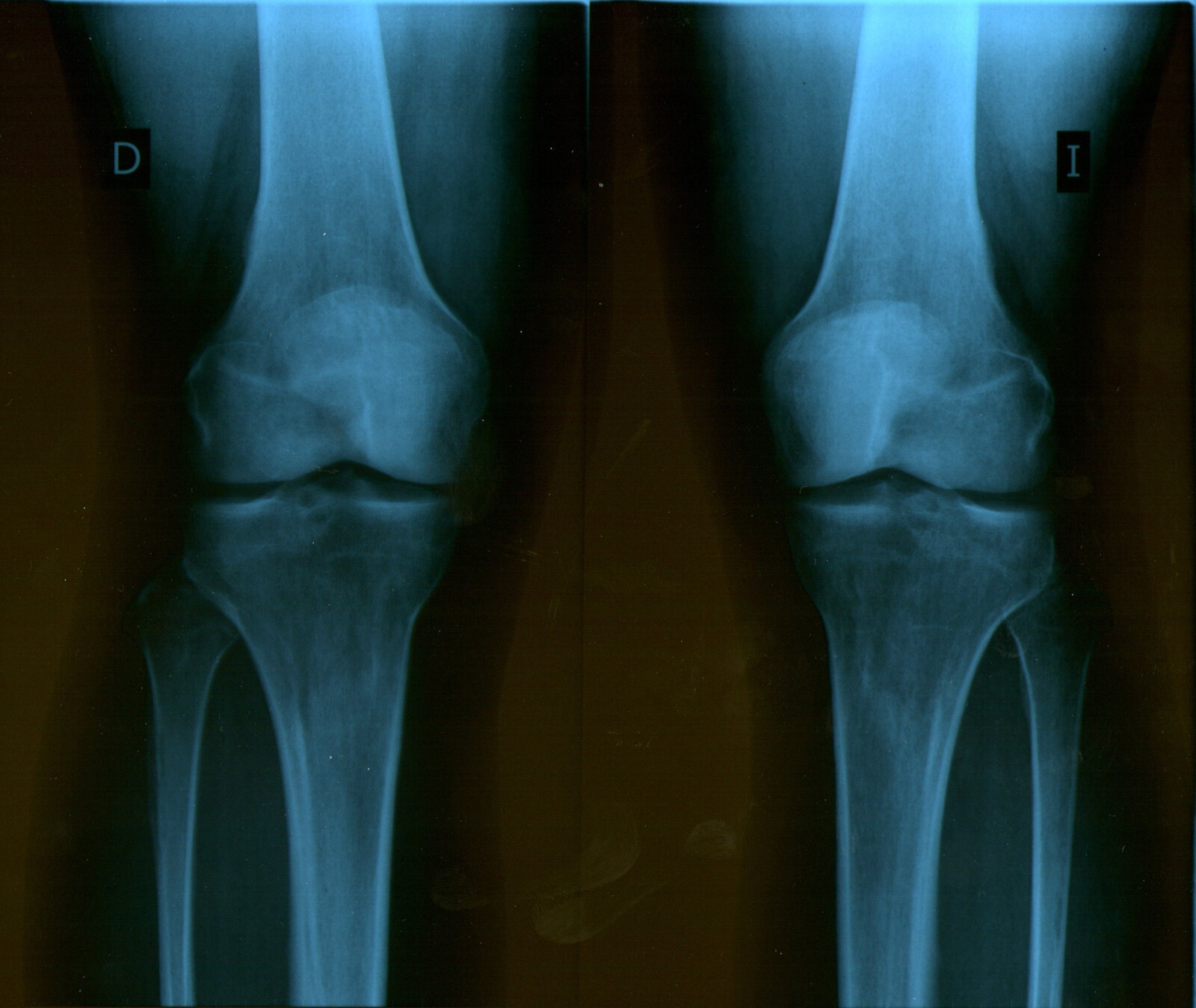Orthopedic Injuries: Your Path to Compensation
Orthopedic injuries can disrupt lives, impacting physical health and financial stability. This article provides an insightful guide on common orthopedic injuries, their causes, and potential compensation avenues. It covers workplace incidents, slip and fall accidents, and car accidents, emphasizing the importance of immediate medical attention and thorough documentation. With a comprehensive understanding of legal rights, one can navigate towards rightful compensation, mitigating the financial burden associated with such injuries.

Key Takeaways
- Orthopedic injuries can be caused by accidents, work-related repetitive motion, or negligence.
- Compensation options may be available to cover medical expenses, lost wages, and related costs.
- Common orthopedic injuries include wrist fractures, torn meniscus, torn rotator cuff, carpal tunnel syndrome, and tennis elbow.
- Depending on the circumstances, workers' compensation insurance or personal injury claims may provide avenues for compensation.
Understanding Orthopedic Injuries and Compensation Options
In the context of understanding orthopedic injuries, it is essential to explore the complex landscape of compensation options, such as workers' compensation claims or personal injury lawsuits, that may help cover medical expenses and lost wages. The legal space surrounding orthopedic injury claims can be intricate, making seeking legal advice a prudent step. A seasoned attorney can guide individuals through the labyrinth of legalities, ensuring their rights are protected, and they receive the compensation they are entitled to. Whether the injury occurred in the workplace, as a result of a motor vehicle accident, or a slip and fall, it's crucial to understand the potential avenues for compensation. From filing claims to negotiating settlements, expert legal advice can significantly enhance the prospect of a successful outcome.
Recognizing Common Orthopedic Injuries and Their Causes
Recognizing common orthopedic injuries such as torn rotator cuffs or stress fractures, and understanding their causes, often linked to accidents or repetitive motions, is crucial to initiating appropriate treatment and exploring potential compensation avenues. Causes of workplace orthopedic injuries range from specific incidents like slips or falls to prolonged strain from repetitive tasks. Early recognition and intervention can prevent prolonged pain, loss of mobility, and potentially irreversible damage. Simultaneously, it opens the path for seeking compensation for slip and fall orthopedic injuries and others, especially when they occur because of another party's negligence or unsafe workplace conditions. Thus, understanding the origin, symptoms, and possible preventive measures of these injuries can lead to improved health outcomes and rightful compensation.
Dealing With Orthopedic Injuries in the Workplace and Workers’ Compensation
Understanding the process of dealing with orthopedic injuries in the workplace is essential to securing appropriate workers' compensation benefits for affected employees. Workers' rights are paramount in these situations, and the role of effective legal representation cannot be overstated. When an orthopedic injury occurs, the employee must first seek immediate medical attention. Documentation of the injury, its cause, and its impact on the employee's ability to work form the basis of a workers' compensation claim. The employer's insurance provider typically covers expenses for medical treatment and wage replacement. However, navigating the complexities of workers' compensation laws requires expertise. Legal representation ensures the injured employee's rights are upheld during the claim process, ultimately helping them secure the compensation they rightfully deserve.
Consequences of Orthopedic Injuries From Slip and Fall Accidents and Premises Liability
Experiencing a slip and fall accident can lead to serious orthopedic injuries, and if the accident occurred due to a property owner's negligence, premises liability laws may entitle the victim to compensation for medical costs, lost earnings, and other damages. It's vital to document the circumstances of the accident thoroughly, as this can be pivotal in establishing liability and securing compensation. Slip and fall accidents can result in varying degrees of injuries, from simple sprains to complex fractures, each requiring different medical interventions and recovery times. This variability underscores the importance of detailed medical documentation for injury claims. An authoritative understanding of premises liability and potential compensation options can significantly shape the pursuit of rightful claims after experiencing such traumatic incidents.
Addressing Orthopedic Injuries From Car Accidents and the Path to Compensation
In the aftermath of a car accident, nearly 3 million people suffer orthopedic injuries annually, necessitating a clear understanding of the path to compensation. The orthopedic injury compensation process begins with immediate medical attention to diagnose and treat injuries, followed by documentation of the accident and subsequent medical procedures. Legal considerations in car accident injury claims include establishing fault, understanding insurance coverage, and evaluating potential damages for medical expenses, lost wages, and pain and suffering. A detailed record of medical expenses, treatment plans, and prognosis aids in determining the value of the claim. It's imperative to consult legal professionals specializing in car accident and orthopedic injury claims to ensure rightful compensation is sought and obtained.
Navigating Legal Processes for Orthopedic Injury Compensation
Amidst the complex world of personal injury law, adept navigation through the legal processes for orthopedic injury compensation is crucial in securing a fair and rightful settlement. The significance of a legal consultation cannot be overstated. Expert attorneys can provide invaluable guidance on legal rights, potential claims, and the process of seeking compensation. The importance of medical documentation is equally paramount. Thorough records of injuries, treatments, and prognoses serve as compelling evidence of the physical impact and subsequent financial burdens. These documents can validate the claim and substantiate the demand for compensation. Understanding the legal framework and maintaining meticulous medical documentation are therefore key in navigating the intricate labyrinth of personal injury law and achieving a just resolution.
Role of Medical Documentation in Orthopedic Injury Compensation
Undoubtedly, anyone seeking compensation for an orthopedic injury must understand the crucial role that thorough and accurate medical documentation plays in substantiating their claim. This includes, but is not limited to, medical reports, X-rays, MRIs, and prescriptions. Such evidence collection is absolutely vital as it serves as an undeniable testament of the injury's extent and its impact on the claimant's life. It also helps establish a clear timeline of events, linking the injury directly to the incident in question. Furthermore, medical documentation can assist in quantifying damages, enabling a more accurate evaluation of potential compensation. Therefore, it is essential that all medical appointments, treatments and procedures are meticulously documented and preserved for potential legal proceedings. Remember, without tangible proof, a solid claim can quickly unravel.
Importance of Legal Consultation in Pursuing Orthopedic Injury Compensation
While we acknowledge the essential role of medical documentation in orthopedic injury compensation, it is equally crucial for us to seek legal consultation to effectively navigate the complexities of pursuing rightful compensation. The role of lawyers is pivotal in clarifying the intricate legal terrain, interpreting medical evidence, and advocating for victims' interests. Legal professionals can guide victims through compensation claims, from understanding legal rights to negotiating settlements. They can assist in establishing liability, quantifying damages, and ensuring compliance with procedural rules. Furthermore, they can provide representation in court proceedings if necessary. Therefore, in the context of orthopedic injury compensation, legal consultation is not merely advantageous, but often indispensable for achieving a fair and just outcome.
Frequently Asked Questions
What Is the Average Recovery Time for Common Orthopedic Injuries?
The average recovery time for orthopedic injuries largely depends on the severity and location of the injury. For instance, a simple bone fracture may heal in 6-8 weeks, while a torn ligament could take several months. Factors like injury impact, post-injury nutrition, overall health, and adherence to prescribed rehabilitation greatly influence recovery. It's essential to consult with a healthcare provider for individualized recovery timelines and therapeutic strategies.
Are There Any Specific Exercises or Physiotherapy That Can Aid in the Recovery of Orthopedic Injuries?
Rehabilitation techniques play a crucial role in the recovery of orthopedic injuries. Physiotherapy exercises tailored to the specific injury can enhance healing and restore function. These may include strength training, mobility exercises, and flexibility workouts. Additionally, an injury diet rich in protein, vitamins, and minerals can support tissue repair and reduce inflammation. It's important to consult with a healthcare professional to determine the most appropriate recovery strategy for your specific condition.
How Can I Prevent Orthopedic Injuries in the Workplace?
Preventing orthopedic injuries in the workplace involves a combination of proper workplace ergonomics and the effective use of safety equipment. Ergonomics involves designing the workplace to suit the worker's physical capabilities, thus reducing strain and risk of injury. Safety equipment such as protective clothing, helmets, and footwear can also significantly reduce the risk of injuries. Regular safety training and maintaining a clean, hazard-free environment are additional preventative measures.
What Should I Do if I Believe My Orthopedic Injury Was Due to a Defective Product?
If you believe your orthopedic injury resulted from a defective product, it's crucial to take immediate action. Consult with a healthcare provider for medical documentation of your injury. Additionally, under Product Liability Laws, manufacturers are obligated to ensure their products are safe. File a Defective Product Report to formally notify the concerned authorities. Lastly, seek legal counsel to explore potential compensation avenues for your injury, including a product liability lawsuit against the manufacturer.
Are There Any Long-Term Health Complications Associated With Common Orthopedic Injuries?
Common orthopedic injuries can indeed have long-term health complications. For instance, fractures may lead to arthritis, nerve damage, or chronic pain. Soft tissue injuries like sprains and strains may result in prolonged weakness or instability. The impact of such injuries can affect quality of life, leading to ongoing medical treatment and potential loss of income. Understanding the injury impact and exploring compensation options is essential in managing the long-term implications of these injuries.
Conclusion
In conclusion, orthopedic injuries can significantly disrupt one's life and income. Recognizing their sources and understanding the legal avenues for compensation is crucial. Whether these injuries originate from workplace incidents, slip and fall accidents, or car accidents, each scenario requires specific legal processes. Meticulous medical documentation and expert legal consultation can strengthen one's claim, aiding in securing rightful compensation. This knowledge empowers injured parties to navigate their path to recovery and financial restoration.

This post has been generated by AI and was not reviewed by editors. This is Not legal advice. Please consult with an attorney.




